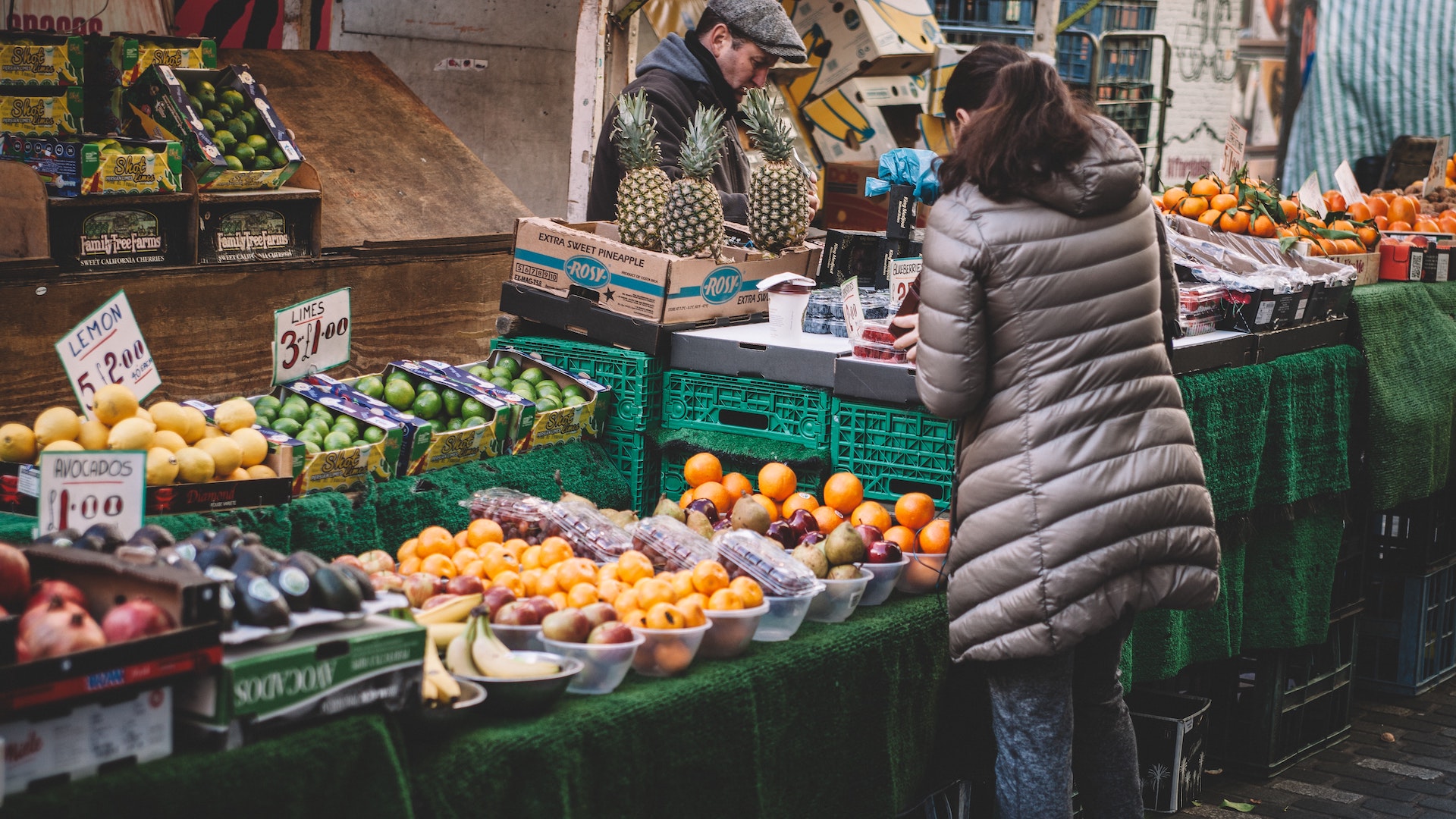A child stealing milk for his sister is clearly a different and far less dangerous case than other shoplifters, some of whom have been violent towards shop staff.
But there is concern that increased surveillance and harsher punishments will have a detrimental impact on those already struggling so much in the cost of living crisis.
It comes after big retailers Waitrose and John Lewis started offering free coffees and other hot drinks to uniformed police officers to increase their presence and make thieves “think twice” about stealing goods. There were about 1,000 cases of crime, shoplifting and anti-social behaviour in the six months to June, the chain said.
Campaigners fear actions like this do little to solve the deep-rooted issues which are often to blame for petty crime like shoplifting.
“Thousands of people in poverty including disabled people and carers are struggling to make ends meet due to inadequate benefits, low incomes, high energy costs, food inflation and rising rents and mortgages,” said Dan White, policy and campaigns officer at Disability Rights UK. “This means people going without meals and not turning on the heating.
“Too often politicians want to address the symptoms, instead of looking at the root causes and tackling deep inequalities within our society. It’s too easy to focus on individual cases, when it is highly likely that deepening poverty is fuelling the majority of the increase.”
Advertising helps fund Big Issue’s mission to end poverty
Guinness agreed, adding: “With increasing levels of hunger, homelessness and debt driven by inflation and spiralling rents, we are rapidly going backwards as a society. Whatever the causes and there are many, this government seems powerless and indifferent to the plight of the most vulnerable and disadvantaged in society.
“Those who are dispossessed and disadvantaged, along with the majority of ordinary people who are also experiencing a reduction in their quality of life, will have their opportunity for change at the next election.”
Guinness has seen the harrowing consequences of deepening poverty time and again. “I spoke to a mum of three children under the age of 12 who told me they are basically subsisting on large batches of rice and pasta that she bulk cooks to save on gas and then puts it in the fridge and they eat it cold.
“When I asked her how she was surviving she shrugged her shoulders and smiled at me nervously. I asked her directly if she was having to take things from the supermarket without paying and she nodded.
“She told me that at least once a week she will put things like cheese, chicken, blueberries and nuts in her bag for her children and pay for some goods while not paying for those. She said she feels bad but has no choice because she can’t go to the food bank all the time, and they often only have tinned and dry goods.”
The woman is in arrears with her rent, electricity, gas and credit cards and often only has about £10 to feed her and her family for four days.
Advertising helps fund Big Issue’s mission to end poverty
“She said they would all go hungry if she didn’t take things from the supermarket. I asked her about her universal credit and she said that it isn’t enough to live on in London which is why she has to shoplift. She said that many of the mums she knows are doing the same because they don’t have an option. Other parents have told me they know women who have turned to sex work to keep their families afloat.”
Charlotte White, who is the manager of Earlsfield Foodbank in London, has seen similar levels of hopelessness. “There is a general air of desperation. People are at their lowest point and they are exhausted. They have made every sacrifice they can make. It doesn’t surprise me one bit that we’re seeing some people turn to those measures.
“We had somebody recently who turned to prostitution after a long break. She feels she has no other way of coping. People are getting into debt and taking out worrying loans.
“We’ve had a couple of people who have borrowed money from a guy on the estate and they’ll find themselves in a dangerous situation. All of that is bubbling under at the moment. These are very desperate measures that people are having to turn to.”
White does not believe that increasing the punishments for shoplifting will have any benefits. “When there is early intervention, that’s so much better,” she said. “Being harsh on people isn’t going to solve any problems. It’s only going to add to the shame they feel.
“These are people who are so desperate that it’s not going to make a difference. We need to go much further up the chain to understand why it’s happening and give them support.”
Advertising helps fund Big Issue’s mission to end poverty
Get the latest news and insight into how the Big Issue magazine is made by signing up for the Inside Big Issue newsletter
Do you have a story to tell or opinions to share about this? We want to hear from you. Get in touch and tell us more.









